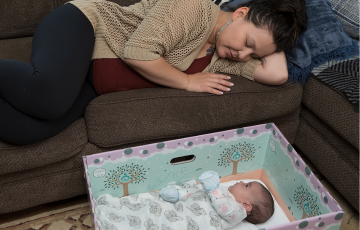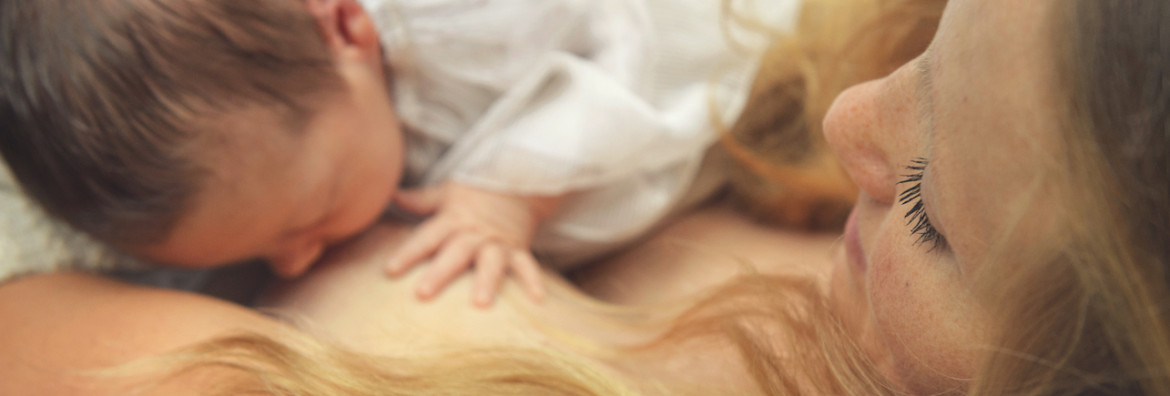Breastfeeding
Learn: what to expect during your first days at home with your new baby.
Human milk offers your baby many important benefits including protection against infections and disease. Human milk has value even in small amounts.
Breastfeeding or chestfeeding is also best for the parent's health – it helps protect against breast cancer, ovarian cancer and diabetes. Learn more at:
Formula feeding
Learn more about formula feeding at:
Getting started with feeding
- Right after baby is born, keep them skin-to-skin on your bare chest for the first hour or longer.
- Skin-to-skin helps baby feel safe, keeps them warm and stabilizes their stable blood sugar, heart rate and breathing
- For the first few months, most babies feed at least 8 times in 24 hours
- Baby should be sucking well and making swallowing sounds when feeding
- Feed baby according to their hunger cues
- sucking and licking motions and sounds
- turning head toward the person holding them, mouth open
- hands to their mouth
- bending arms & legs, restless
- crying (a late cue - you may need to calm baby before feeding)
- Stop feeding when baby shows fullness cues
- slowing down or stopping sucking
- closing their mouth
- pushing away from the breast or bottle
- not interested in feeding or falling asleep.
Help feeding your baby
Contact your local Public Health Unit or call HealthLinkBC 8-1-1 if you need extra support with feeding your baby or if you have questions about your health or your baby's health.
Pediatric Feeding and Swallowing Clinic
The Pediatric Feeding and Swallowing Clinic provides specialized, comprehensive, multidisciplinary care for infants and children living on Vancouver Island who have feeding and swallowing difficulties and nutritional concerns.
Learn more at on the Pediatric Feeding & Swallowing Clinic web page.




